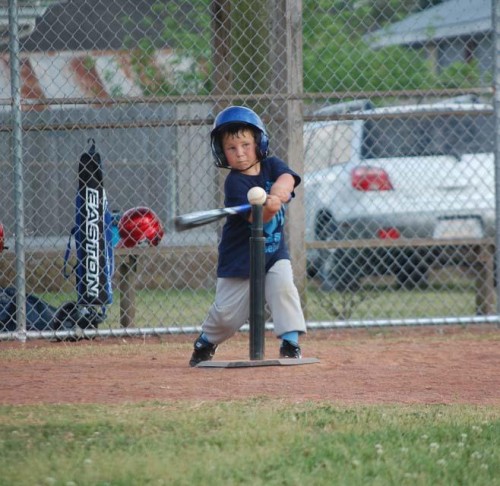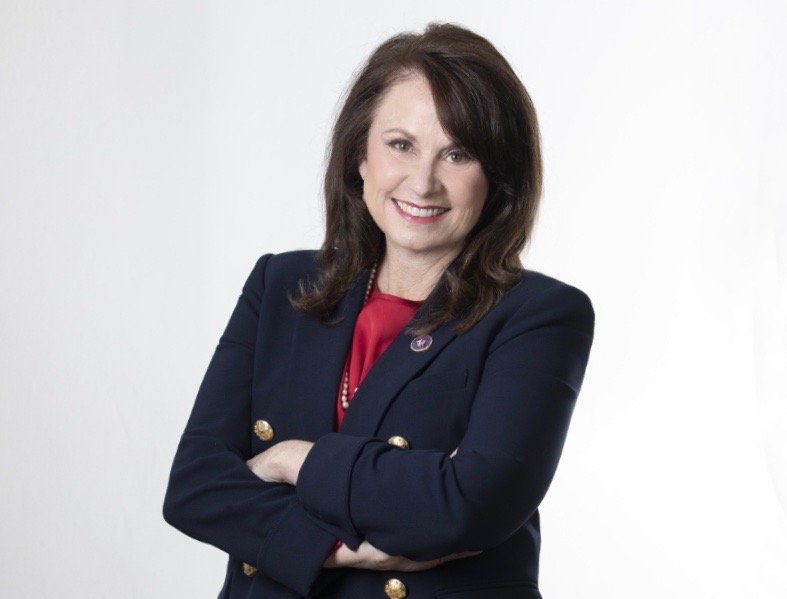Stocks of Local Interest
August 15, 2011
Lillian Callais
August 17, 2011For some it is a quality of life issue, for others it is a matter of giving their children an opportunity to play sports in an environment they never experienced, for all it is a proven economic tool that could bring new dollars into Terrebonne Parish.
Based on the model of travel baseball, which also includes softball, soccer, football and other opportunities for athletic competition, a group of parents has approached parish government leaders about looking into the possibility of building a multi-use travel sports complex in Houma.
“My [12-year-old] boy plays travel baseball,” Terrebonne Port of Commissioners Executive Director David Rabalais said. “We go all over the place and see these other facilities that other parishes and states have and it disheartening to see what we have [in comparison].”
Rabalais is among a group of parents that has approached the parish recreation department and top local government officials to pitch their plan – one which they contend would offer an added attraction not only to those that might make immediate use of it, but to businesses and families that might consider relocating to the area.
“Please keep in mind, this is very much in the concept stage,” Terrebonne Parish President Michel Claudet said after having met with backers of the proposed plan. “It would definitely be a quality of life issue and a real benefit.”
“The economic impact of this could be staggering,” Terrebonne Economic Development Authority CEO Steve Vassallo said. “I would love to get involved in that.”
Vassallo said in terms of what kind of actual dollars might be generated by a youth sports facility, numbers vary based upon the community involved and the organization behind it.
According to a sampling of economic impact studies from communities in southern and Midwestern states, multi-use sports facilities can generate tens of millions of dollars a year as the parents of kids playing sports put down cash for motels, restaurants, gasoline, equipment and souvenirs.
A positive return on investment from organized sports complexes is reported from cities of varying sizes. The Big League Dreams facility in League City, Texas (a suburb of Houston), was estimated to have generated approximately $25 million from travel sports for that community in 2005. A youth sports complex in Elkhart, Ind., brought in $16 million there in 2008. Then in 2009, the multi-use sports center in Huntersville, N.C., delivered nearly $5 million to that community.
A participant in the United States Specialty Sports Association, Rabalais said that area business leaders and landowners are working with Terrebonne Parks and Recreation to study the feasibility of a 125-acre grouping of baseball, softball and soccer fields, which could be expanded to facilitate other sports, on a piece of property between La. Highway 311 and Valhi Boulevard.
“I’ve been thinking, ‘How can we do this,’ for a couple of years.” Rabalais said. “One thing led to another, we met with landowners, and we have a conceptual drawing. The drawing is not a design. It could change.”
Backers of what they have called the Field of Dreams complex have met with members of the parish recreation department and the South Central Planning and Development Commission and are just now in the initial stages.
“Right now, I guess you could call it a dream,” said Recreation Districts 2 and 3 Director Gary Beeson. “Right now we are trying to make sure that what we are trying to do will fit into place. Then we will go from there to see what we need to do as far as funding to get it done.”
Travel sports, according to a USSSA statement, involve teams of four basic skills levels to compete against one another within those levels. The intention is to allow teams to be established based on an athlete’s ability (rather than strictly on age or school grade) and paired against equal teams rather than a blind selection that mixes players of various skill levels on the same teams that facing one another.
Teams meeting the various competition levels in individual communities carry a traveling schedule where they play teams of equal skill in other cities and states. This results in the travel element and a schedule that could have them spending half their games at home depending on what accommodations are available.
“I spend over $5,000 just in travel every summer on travel baseball for my son,” Rabalais said. “It’s disheartening that because of our politics here in parish people don’t capitalize on this.”
Neither Rabalais nor Beeson could say if taxpayers will be asked to foot at least a portion of the construction costs, although Rabalais said the sports complex would have to be publically owned. Beeson confirmed that in preliminary discussions it was considered for his department to be in charge of maintaining the facility.
There is no current design and construction timeline for this proposed project, but Beeson said he expects it would take about a year to build once a final plan and financial backing is established.









